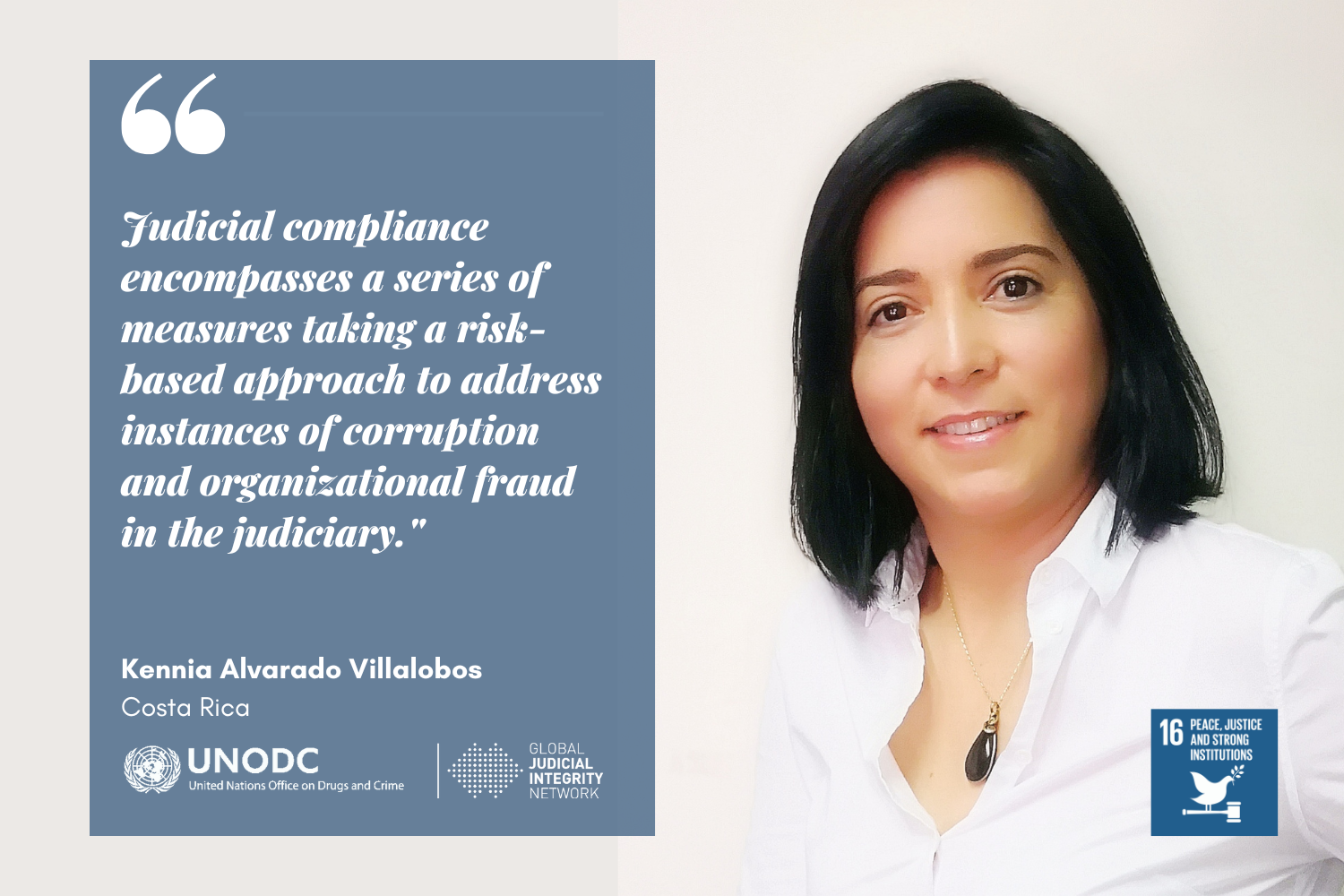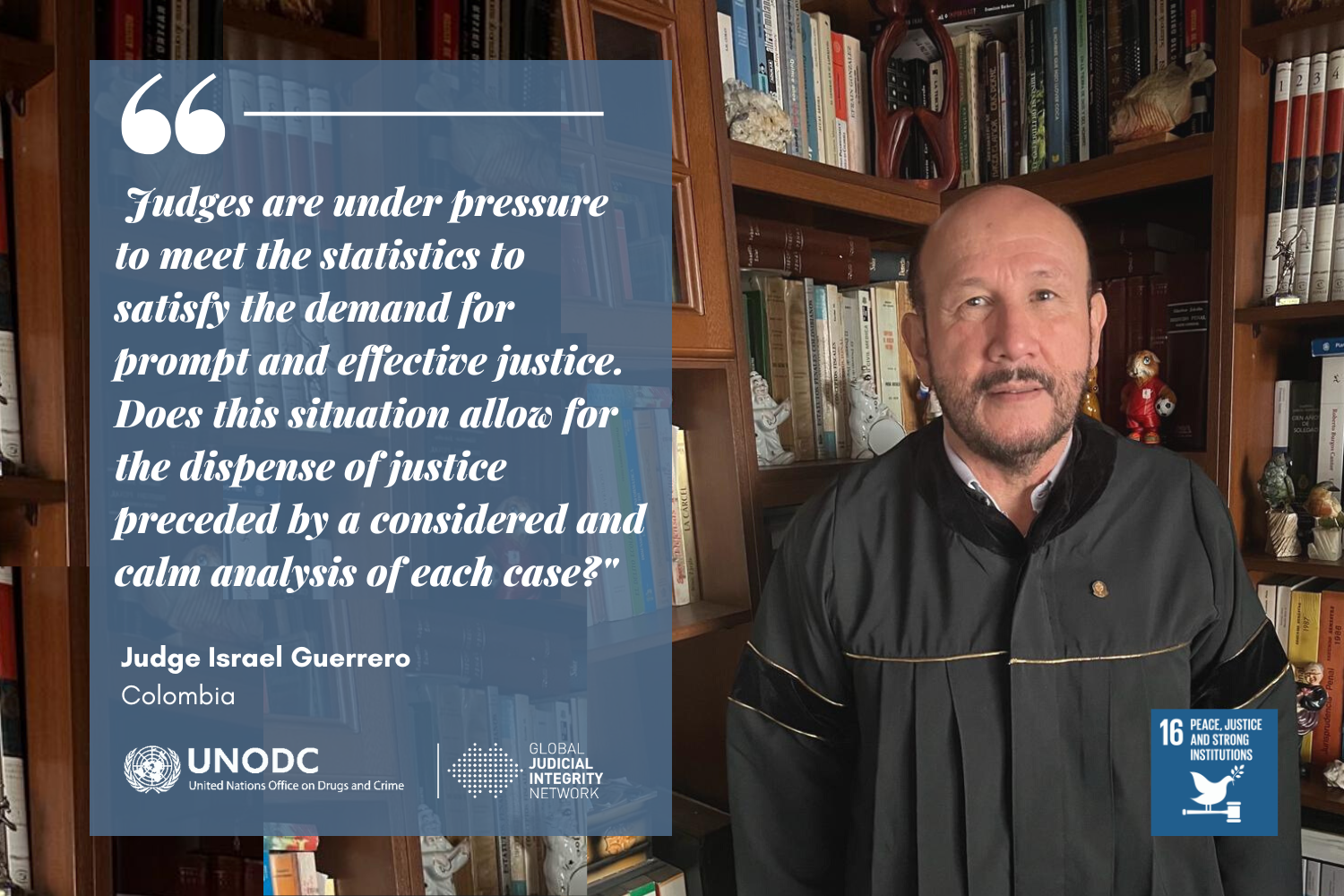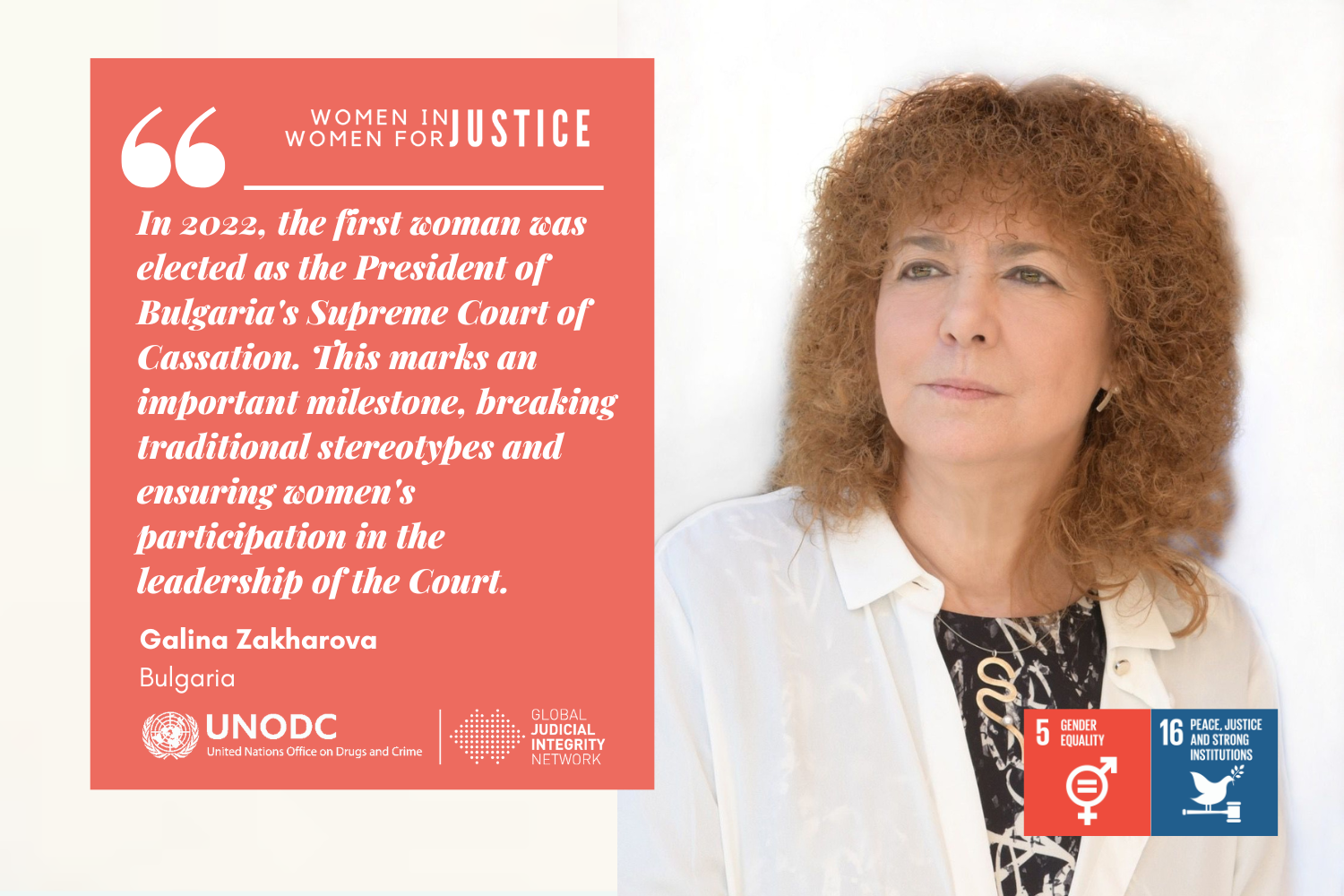Malaysia's Mobile Court - Judging in the Still of the Forest
By: Judge Zainun Ali
Judge Zainun Ali is a Judge of the Federal Court of Malaysia. She has held various positions in the legal and judicial service, including positions as Judicial Commissioner of the High Court of Malaysia, High Court Judge and Court of Appeal Judge. Judge Zainun Ali recently shared her views on Malaysia's mobile courts with UNODC, as part of the Organization's on-going work to promote equal access to justice. All opinions expressed in this piece are solely those of the author as an external expert and do not necessarily reflect the official position of UNODC.
______________________________
As exotic as it may sound, judging issues and problems in the far reaches of Malaysia's interior is certainly no mean feat.
Large swathes of people in rural Malaysia live in remote corners, especially in the states of Sabah and Sarawak (formerly known as North Borneo) - home of the famed "Man from Sandakan". Most of the populace in these parts are indigenous. By and large, they are vulnerable by reason of their poverty and intellectual disadvantage.
The geographical and physical impediment meant that access to justice for them is extremely challenging. Their physical exclusion from the dignified space of a courtroom impels the court to go to them, if the symbolic function and integrity of the court are to be maintained.
This inadequate access to justice also means that something had to give. The Malaysia Judiciary then led by the then Chief Judge of Sabah and Sarawak, Tan Sri Richard Malanjum, created the unique mobile court system. It operates in one of two ways: the first involves a system where vehicles are converted into "mobile courtrooms", each staffed by a Magistrate, a Commissioner of Oath and an interpreter, complete with their mobile IT apparatus and recording system. These vehicles will traverse the tough terrain in the interiors, where court officials dispense legal aid and justice to those in need.
The second way that the mobile courts operate is where the relevant courtroom accoutrement of Magistrates, Commissioners of Oath and court interpreters converge to these remote parts by longboats, vehicles or light aircraft. In most of these mobile court sittings, relevant officers from other government departments will also travel with the court staff to assist in concerns regarding administrative and related issues.
Due to the distance and remoteness, the dates of sittings of the mobile courts are published in advance by way of radio announcements and publications in the local newspapers.
One might wonder as to the range of issues that are heard by these courts. They run the gamut from issues of citizenships, late registration of births and deaths, matrimonial, family and probate issues as well as several criminal offences such as illegal use of firearms and illegal logging.
Generally, crime rates and civil disputes are relatively low in these parts. Although there is no statistics obtainable, what can be discerned is that one of the most pressing issues is with regard to the later or non-registration of births and deaths. However, according to a recent publication in the local media, by December last year, these mobile courts had facilitated the birth registration of more than 87,000 children. This the importance of registering the births of children cannot be understated.
Without a birth certificate, a child would not be eligible to register for formal education and obtain an identity card and thereafter the rights and privileges of Malaysian citizenship will be denied. Both Sabah and Sarawak are governed by their State Laws on the registration of births and deaths. The mobile court Magistrates typically adopt the following procedure in accordance with their powers under the relevant Ordinance. The late registration of birth applicant must provide the Court with notice that he or she intends to prove the validity of his/her claim, calling on witnesses who are prepared to attest to the applicant's claim.
Whole villages would gravitate to these mobile courts - for it could be that rare occasion when one has an opportunity to vindicate one's rights and obtain justice. This 'local justice' as primitive as it may seem, is an important component in the fundamental principle of a properly functioning justice system, committed to the rule of law. It is an avenue for the just and peaceful settlement of disputes between people in far-flung place to which they have a right.
Although no empirical study has been done to assess the impact of this component of dispensing justice, what is evident is that it is based on a contextual conception of the law, going beyond the narrow interpretation of access based simply upon the availability of legal assistance; in fact, it operates much more broadly so that access to justice includes the availability of legal aid as well as the opportunity to participate and the nature and characteristics of that participation.
Mobile courts, therefore, serve a very critical function in terms of enhancing public legitimacy, confidence and trust in the integrity and delivery of justice.


